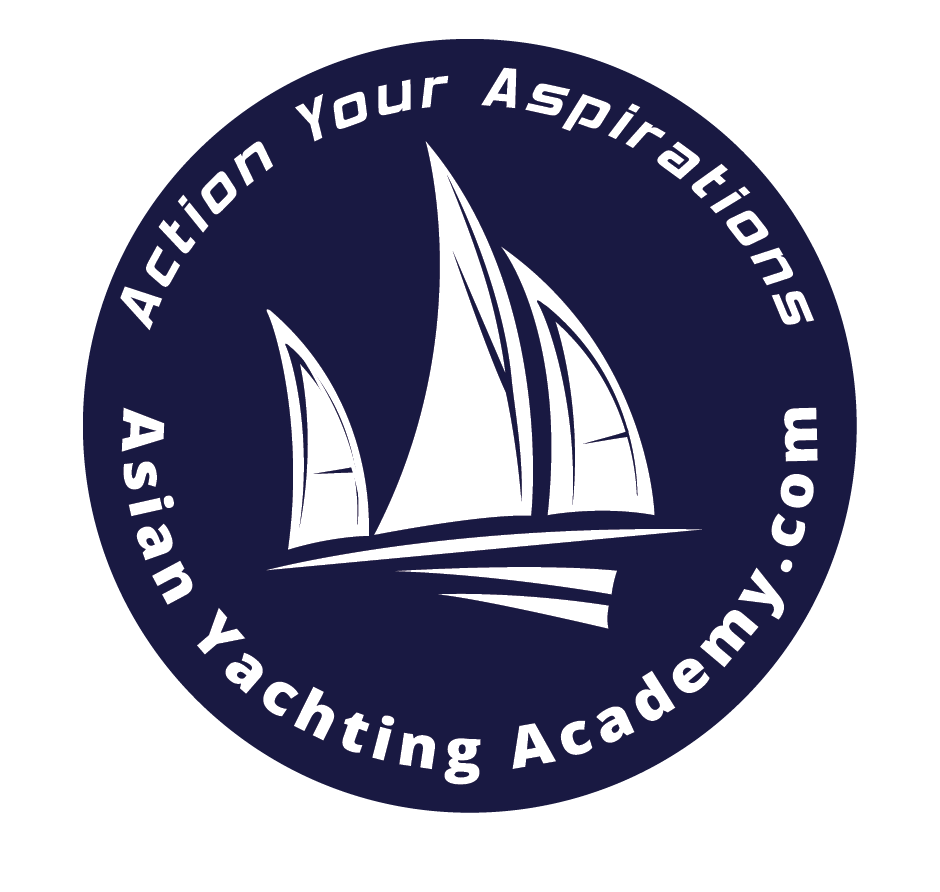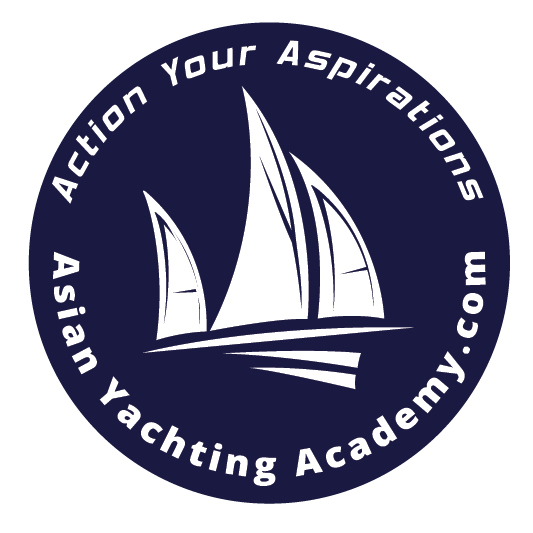Experience required prior training: 28 days at sea as skipper or watch leader in at least 2 voyages, at least in 2 sea areas
Certification required prior training: SRC and First Aid Certificate
Minimum age required: 18 years old
Suggested number of training hours: 40 hours theory / 2 days practical + 2 hours night navigation
Who can run the training: ISSA Instructor
Who can do the examination: ISSA Instructor
Examination: Needs to include navigation at darkness
How to submit the application: To authorized ISSA school only

Scope of required knowledge and skills
Yacht handling under Power
1. Unberthing/berthing (longside and stern-to)
2. Approaching a mooring buoy
3. Weighing an anchor
4. Recovery of Man Over Board
5. Practical skills
Dead Reckoning Navigation
1. Definition of DR navigation
2. Running of DR and plotting of DR position
3. Practical skills
Fixing lines
1. Sources of fixing lines (leading lights, bearings, depth contour)
2. Error analysis/ accuracy assessment
3. Practical skills
Magnetic compass
1. Consideration of variation. Change of variation in time and place
2. Siting of compass and reasons for deviation (impact of electronic devices)
3. Stationary and handbearing compasses
4. Determination of deviation
Tides
1. Reasons of Tides – Springs and Neaps
2. Tidal Tables
3. Tidal levels and chart datum
4. Time and height of tide in standard ports
5. Secondary ports
6. Anomalies
Tidal currents
1. Tidal current atlases
2. Tidal current diamonds
3. Information about tidal currents in navigation publications
4. Consideration of tidal currents when calculating courses and passage planning
5. Overfalls, tidal races
Buoys and Beacons
1. Navigation signs in IALA A and B
2. Limitation of navigational marks as navigational aid
Lights
1. Characteristics
2. Range – visual and nominal
3. List of lights
Pilotage
1. Harbour specific regulations and signalling systems
2. Planning and strategy to enter/leave a harbour
3. Pracatical skills to make a pilotage
Echo sounders
1. Operation of manual echosounder
2. Types of echosounders
3. Limitations of echosounders
4. Secondary echoes
Satellite systems
Basic knowledge of satellite systems, their abilities and limitations
Logs (measurement of speed and distance)
Different types and operation
Logbook
1. Logbook as an official document
2. Running of a logbook
Meteorology
1. Basic terms, Beaufort’s scale
2. Air masses
3. Types of clouds
4. Characteristics of weather in specific pressure and front systems
5. Sources of weather forecasts
6. Ability to interpret weather forecasts/ charts, weatherfax
7. Day/night breeze
8. Fog
9. Use of barometer
Anchoring
1. Types of anchors and operation
2. Selection of place to anchor
Collision Regulations
Good knowledge of International Regulations for Preventing Collisions at Sea
Safety at sea
1. Personal safety, use of lifejackets, harnesses, jackstays
2. Fire prevention and fighting
3. Distress signals
4. Role of coastguard
5. Preparation to heavy weather
6. Liferafts and recovery by helicopter
International Signalling Code
Rules of application
Navigating in restricted visibility
1. Restricted visibility procedures
2. Limitations for safe navigation
Passage planning
1. Preparation of charts and notes to plan a passage
2. Standard actions when navigating in inshore waters
3. Strategy to plan a passage
4. Use of weather information in passage planning
5. Sources of local and national regulations
Environment protection
Responsibility for environment pollution and sea environment protection
Testimonials
Pak Andrew thank you for the training opportunity. Each trip is unique and filled with learning, discovery and healing.
Most importantly, I found 6 new friends and managed to reconnect with Kak Alia. Looking forward to more alumni trips.
-Alvin
Hi Everyone. I had a great trip and I’m so touch that the younger participants see me, one 61 yr old auntie, as one of their mates!
My niece is a painfully shy girl. But nevertheless, she has great words for everyone
I look forward to join another course, to learn more about the way the Indonesians’ customs, etc.
Well done to Andrew for sharing his knowledge very generously.
-Alia
This would be an essay to read…but It has been an eye opening experience for this past wkend’s 3 day offshore skipper course. Many thanks & much appreciation to our instructor Andrew who showed us the real world application & actual training for this 24 m offshore skipper course.
It was conducted in an conducive, interesting & unique way for participants to learn & get certified. It has been done with as Andrew would put it with content as with the intro Boatmaster course as well. Also, the wealth of information on boating you can gain & have in general with Andrew.
The hotels & resort we stayed were unique, nice & comfortable. Not to mention the fabulous food. Can’t rave enough how well conducted & organized both the Boatmaster & Offshore Skipper course.
The biggest takeaway for these courses is the real world knowledge & application in particular using a beautiful 22 m Yacht at JYC to conduct the offshore course. There is no other academy that offers this locally or regionally. Hence, it is more than a great opportunity to learn on such a Yacht… providing students an insight to the yachting world & confidence to drive larger boats!
These courses offered by Asian Yachting Academy with instructor Andrew has no doubt widen my outlook, options & perspective on power boating beyond Spore as it would no doubt do for others. Importantly, it’s a great gateway to Msian & Indonesian islands fr JYC. It offers hassle free options for boaters & taking these 2 courses will alleviate any doubts or hesitation you may have on boat crusing adventures in this tropical region blessed with mostly great sunny weather through the yr.!
Highly recommended for anyone whom are beginners, PPCDL or experienced boaters. Good to note that PPCDL is only for Spore waters, not overseas such as the self boat charters in the Mediterranean countries.
Boatmaster & Offshore Skipper course are definitely not dry courses without content like how most boat courses are conducted, but leaves you inspired for the boating lifestyle & adventures..unique options for your wkends & holidays. Kudos to instructor Andrew & his team for making the course / weekend getaway trip fun & memorable. Looking forward to activities for the Alumni ! 🤙🙂
Thanks to Pak Andrew’s guidance, I got to see that keeping the vessel and crew safe is the skipper’s number one priority. It hit me how big of a responsibility that is, and that solid leadership is key to making sure everyone stays safe and sound.
The night navigation and crossing the TSS were the best parts of the OPSC for me. I got to take the helm during both serials, which was an awesome experience. OPSC let me put my Rules of the Road and COLREG into practice and sharpen my skills.
Pak Andrew’s mantra, “Respect the Weather,” stuck with me, especially during my encounter with how a calm, sunny morning can quickly turn chaotic. Our regional weather can be super unpredictable, so it’s crucial to prep well ahead of any outings. Staying updated on the current and forecasted weather is a must!
OPSC sets a high standard for newcomers like me, but if you’re eager to learn, Andrew will provide the chances you need to grow.
-OPSC Participant

